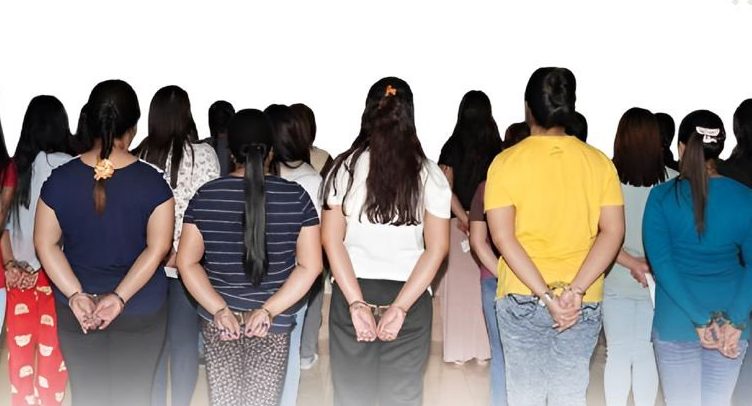Qatar has cracked down on domestic workers flouting residency and work regulations in a move against illegal employment and rule violations.
A total of 22 Asian domestic workers were arrested by Qatar’s Ministry of Interior for absconding from their employer’s homes to seek employment elsewhere, an illegal act as per Qatari law.
In a statement, authorities said the action followed several inspection drives in various regions of the country, based on the statistics of reported cases of domestic worker absconding.
“The Search and Follow-up Department has successfully apprehended 22 domestic maids from Asian countries during inspection campaigns conducted in various areas, based on reported cases of absconding that were registered with the department,” the ministry said in a tweet.
These activities form part of a wider campaign by the ministry aimed at mitigating the hazards associated with domestic employees fleeing their employers’ households and seeking employment elsewhere, an act which is deemed unlawful in Qatar.
By tracking and apprehending the absconding domestic employees, the MoI aims to not only diminish associated societal crimes and risks but also to alleviate the financial impact experienced by their employers, alongside addressing the violations of employment and residency regulations.
No information has been given regarding the identity of the workers or the date they left their employer’s home.
However, the statement said the apprehended women will now face further legal proceedings after being handed over to the Public Prosecution.
The ministry strongly advises the public against giving refuge to absconding workers to avoid potential legal implications. Instead, they are urged to report such instances to authorities.
In 2020, Qatari authorities rolled out a range of historic reforms in a bid to improve worker conditions across the country.
These included changes to the Kafala (sponsorship) system, which included removing the requirements for workers to obtain exit permits to leave the country, and no-objection certificates to change employers.
Additional reforms include the implementation of a minimum wage for all workers, the creating enterprise worker-management committees, with elected migrant worker representatives, an online platform for filing labour complaints, and labour courts.
Additionally, there have been enhancements to workplace safety and health, such as additional limitations on daytime working hours to prevent summer heat stress.







